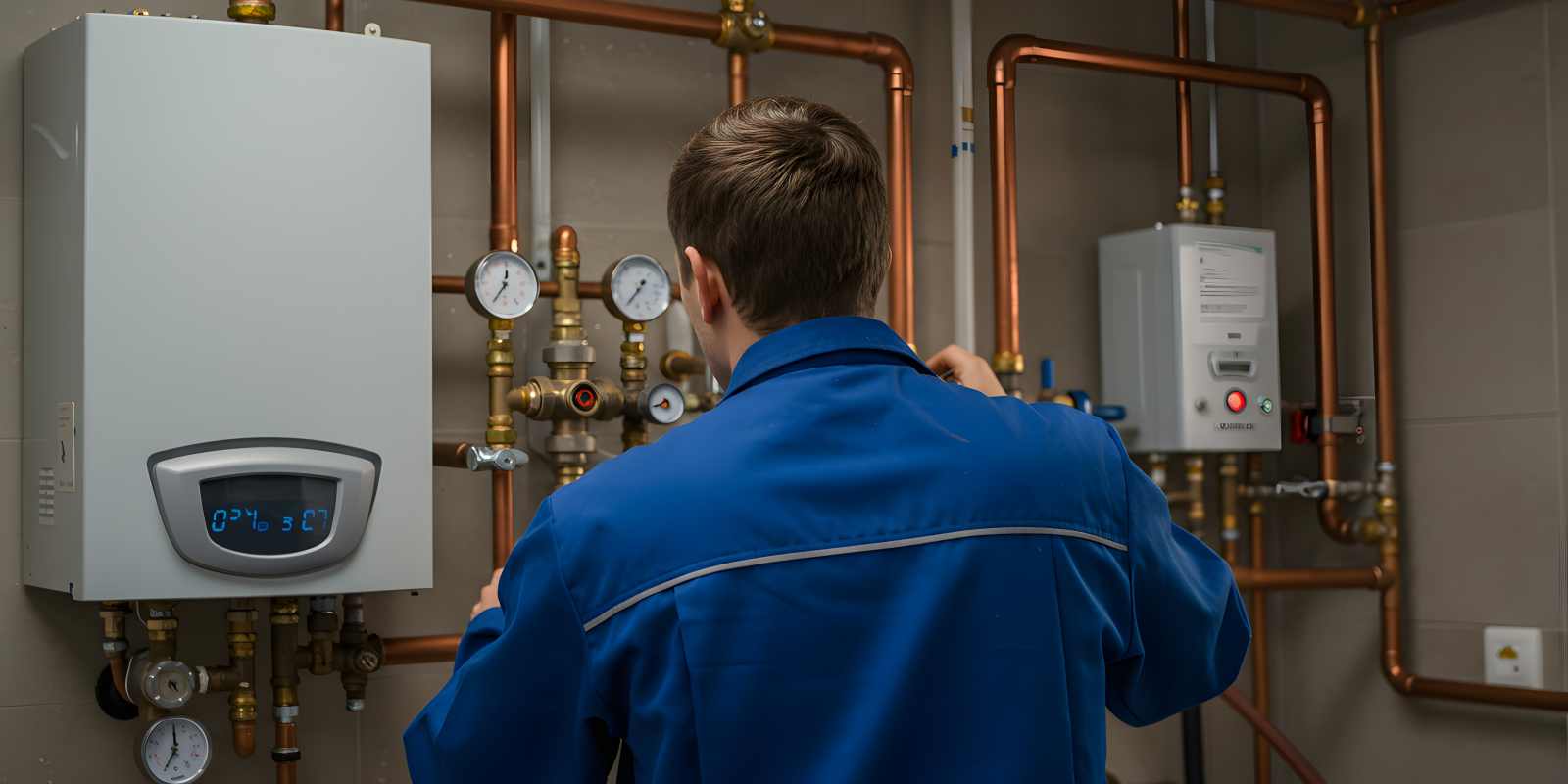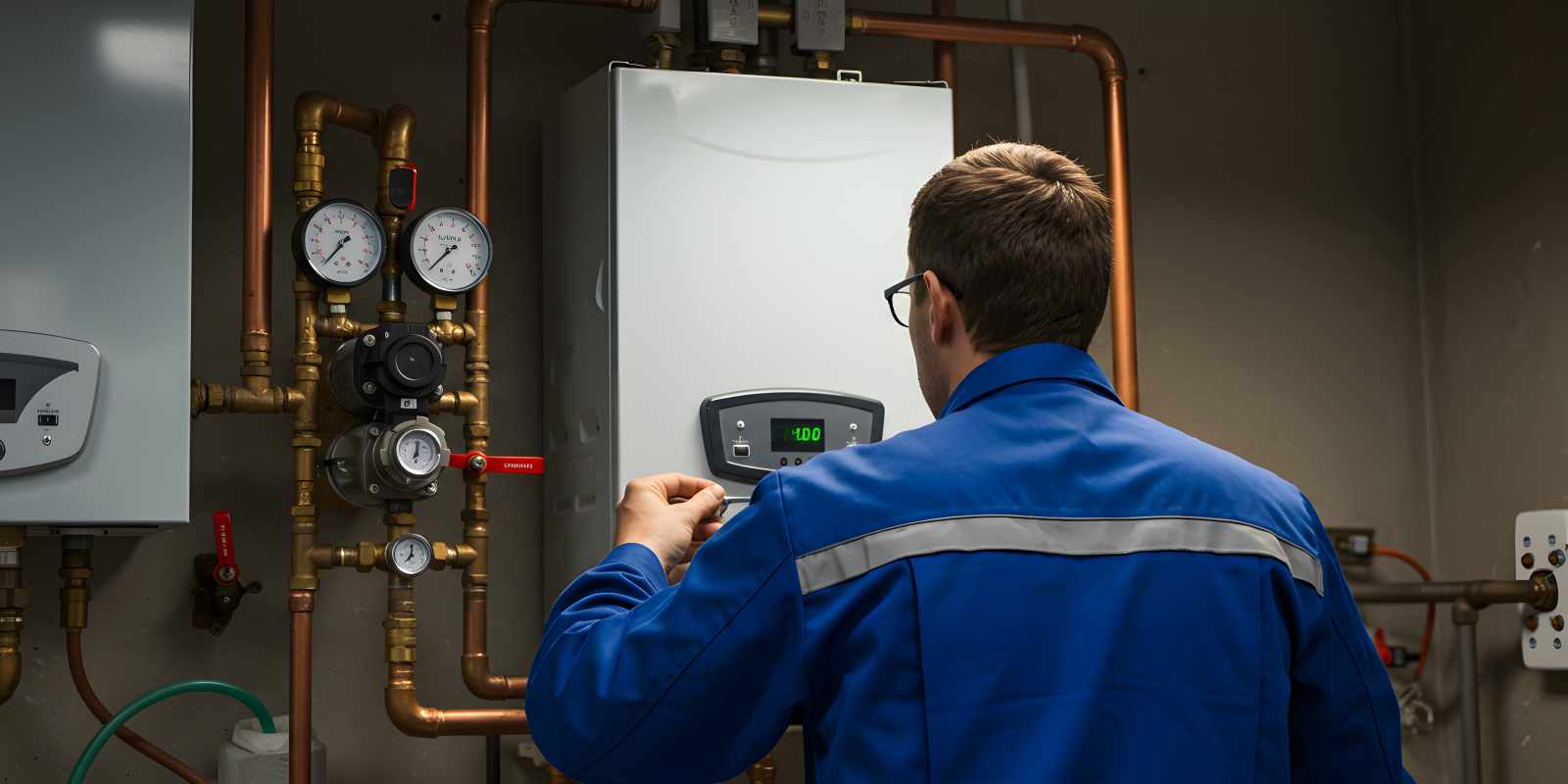Any sudden decrease in water pressure in your home can cause an unsettling feeling and greatly affect the quality of living in your home. In the worst cases scenario, low pressure can point to some pressing issues with your plumbing, including clogged or corroded pipes. On the other hand, if the pressure is too high, it can cause stress on your pipes and fixtures.
How to Test Your Home Water Pressure
If you suspect your water pressure is either too high or too low, the simplest way to test it is by using a pressure gauge that can be purchased at your local hardware store. Connect the pressure gauge to an outside water faucet. Turn on the water and record the instant reading. In general, you want the reading to ideally be in the range of 45 to 55 pounds per square inch (psi), but it typically ranges from 30 to 80 psi.
If you don’t have a pressure gauge, there’s another way to check for pressure. Grab a 1/2 – 1 gallon container and time how long it takes to fill up 1/2 gallon. Anything longer than 10-12 seconds can point to water pressure issues.
Tips to Increase Water Pressure
If you realize that the water pressure is low, there are a few things you can do to fix the problem on your own.
-
- Clean your showerhead to remove any mineral buildup by soaking it in a cleaning agent like vinegar. If the showerhead is old, consider replacing it with a new one.
- Find the main water valve in your home and check to see if it’s completely open. Sometimes the valve gets accidentally turned during routine repairs and maintenance without the homeowner’s knowledge.
- Check for leaks. Cracked or damaged pipes may result in water leaks that cause water pressure to drop. If you find a leak, contact your local plumber to fix it immediately.
If you’re unable to fix the issue, there may be other reasons:
-
- If pipes become clogged, it can disrupt water flow through your pipes. The pipes will need to be cleaned or replaced.
- Over time, the pipes in your home can become corroded, which can hurt your water pressure. If this is the case, they need to be replaced.
Both of these issues and many others should be left to a professional to fix. If you experience plumbing problems of any kind, contact the team at A. Borrelli.
{{cta(‘294da1bc-2d8b-40a4-a087-8d92c7f7f7d3’)}}



